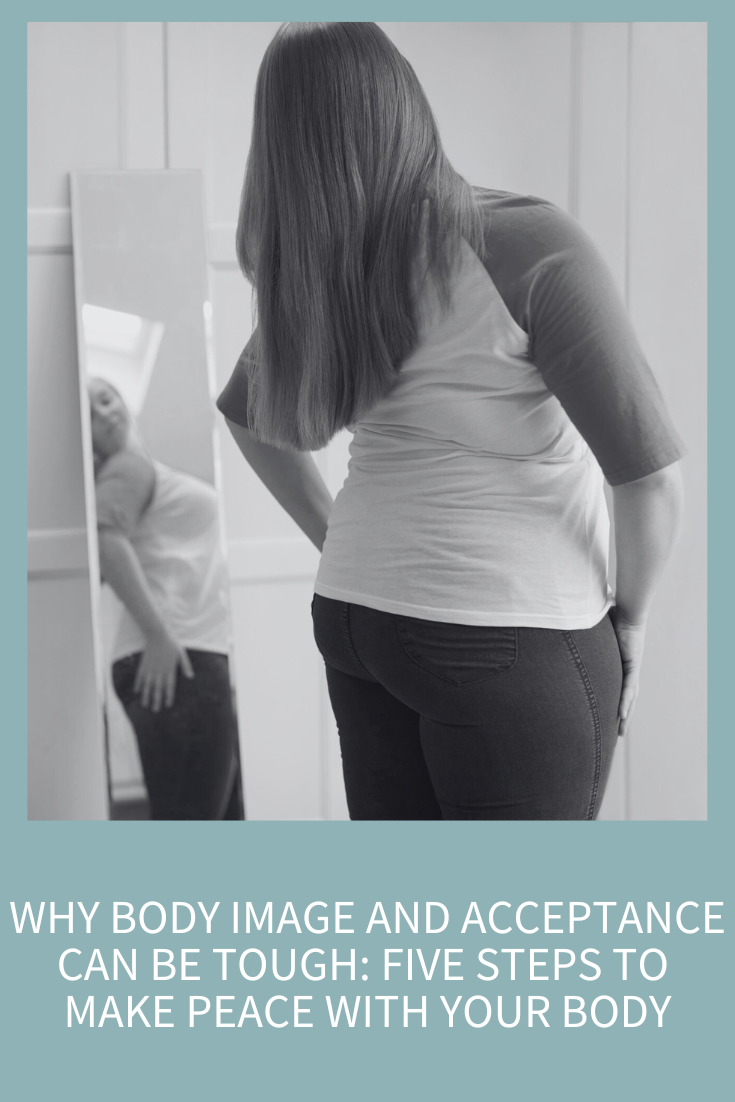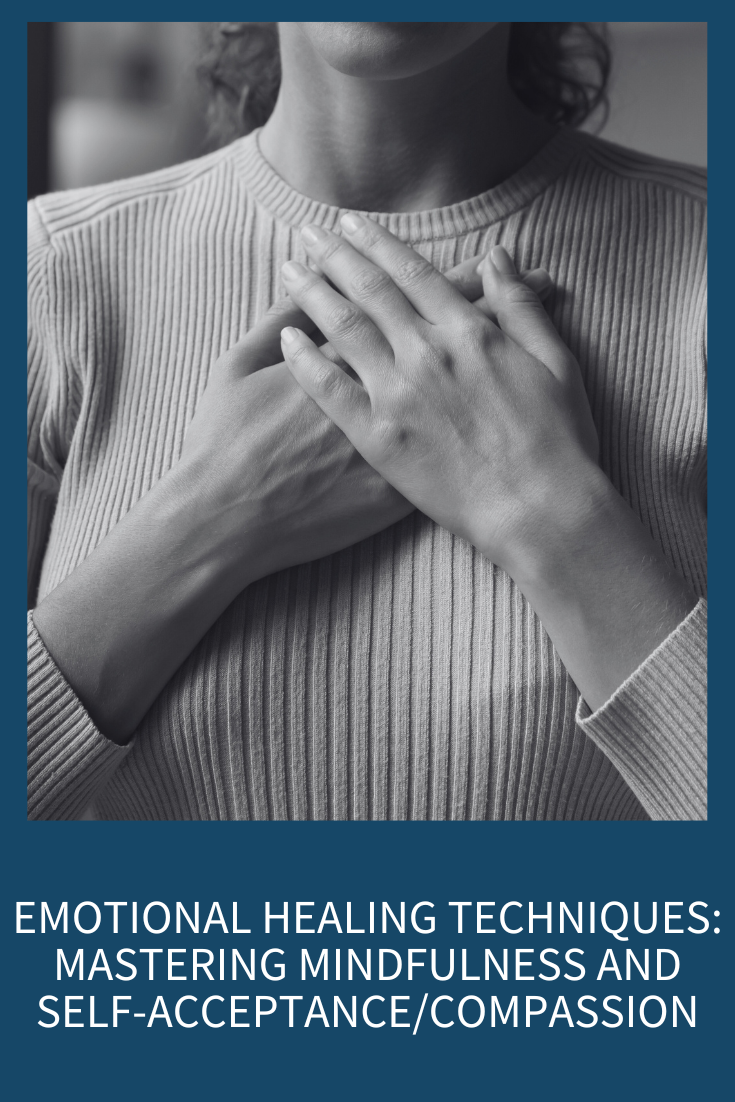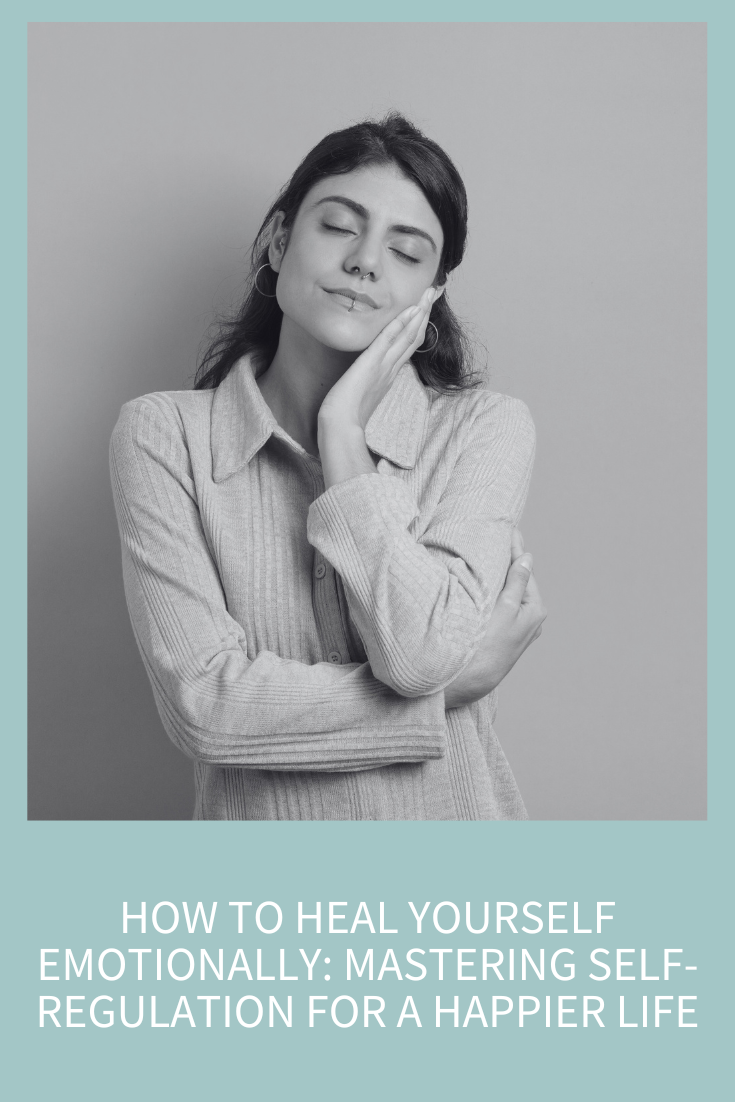
Are you in any relationship where you try to fix (or “help”) the other person consistently? Do you come up with lists and scenarios of what your sister or best friend “should” do to have a better life? Do you obsess (even a little) about your partner’s problems or how s/he is making you unhappy? If you answered “yes” to any of these questions, it’s possible that you’re a wee bit codependent, and it might be time to learn how to practice loving detachment.
“Are you in any relationship where you try to fix the other person consistently?”
The words “enabling” and “codependent” have been around for many years but so many people think they only refer to partners of alcoholics or parents of drug addicts. These words apply across the spectrum and can happen to anyone, no matter how healthy or well-meaning.
Getting out of codependent or enabling cycles and practicing loving detachmentis one of the keys to having healthy relationships.
Getting out of codependent or enabling cycles and practicing loving detachment is one of the keys to having healthy relationships. Loving detachment means that you’re separating yourself emotionally, spiritually and/or mentally from another person and what they’re doing, saying or thinking (I’m eyeballing you people out there who think they can read minds).
Now, detaching yourself from other people’s behaviors and words is great, in theory, but it can be a difficult thing to actually do. It takes a lot of courage and strength to see that you can be happy no matter what other people do. I’m not saying it’s easy; I’m just saying it’s quite possible.
So here are my top tips for practicing loving detachment in your own life:
1. Remember that you can’t control others (really).
Once you realize that no matter how much you push, manipulate, cajole or threaten you, ultimately, can’t really control other people’s actions or behaviors, it frees you to focus on yourself and not them.
2. Find your own happy.
Don’t rely on other people to make you happy. First of all, it’s not their job. Second of all, you’ll end up disappointed and frustrated A LOT. Instead, find your own sources of happiness that you can control 100%.
3. Separate yourself from others.
What your child, boss, partner or parent does or says is not you. Yes, our children are reflections of us to some extent, but their victories and losses need to belong to them, and not you. Yes, your partner might have said something embarrassing at that party last night, but let them deal with the aftermath, not you. Yes, your parents might need to sell their home because they’ve made multiple poor monetary decisions, but that’s their consequence to deal with. Do you see the theme here? People can’t learn from their mistakes if they’re overprotected. It’s your job to support the relationships in your life, not direct or save them.
4. Don’t react — respond instead.
Reactions are the automatic fear responses we have. Instead, you want to take a breath and respond in a thoughtful way. Allow some space for others to come to their own conclusions. Allow some space for yourself so you can think things through and keep yourself separate, while remaining kind and loving.
Here’s the bottom line: You can feel compassion for someone else without having to act on it. You can be there for another person without taking any action or saying anything. Often the best help you can be is one of supportive silence. Ask questions to help the other person clarify their situation and create healthy solutions, but don’t fix it for them. Don’t offer advice or make suggestions. Let them find their way. When you do something for someone else that they could do for themselves, you’re not helping them, you’re hindering them. This concept is hard for many of us. As parents, spouses, sons and daughters we can take on roles that have us thinking of other people’s wants and needs before our own. Allowing others to face natural consequences is an important part of being in a healthy relationship.
“You can be there for another person without taking any action or saying anything.”
I’m going to leave you with a final exercise which I’ve borrowed from renowned “loving detachment” expert, Martha Beck.
- Step 1. Choose a person you love, but about whom you feel some level of anxiety, anger, or sadness.
- Step 2. Identify what this person should do to make you happy, but using this sentence: “If _________ would only __________, then I could feel ____________.”
- Step 3. Now delete the first part of the sentence, so it reads: “I could feel _____________.” Realize that this is the only honest truth in the sentence and know that you have the power to feel that way no matter what anyone else says or does.








